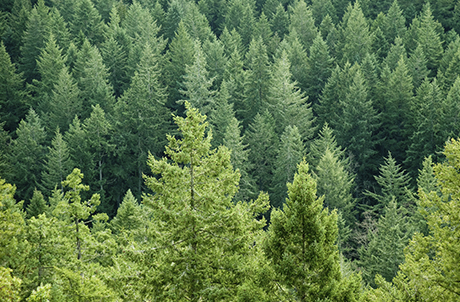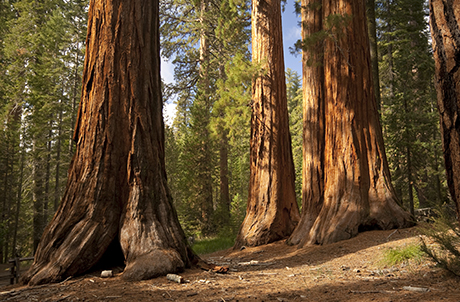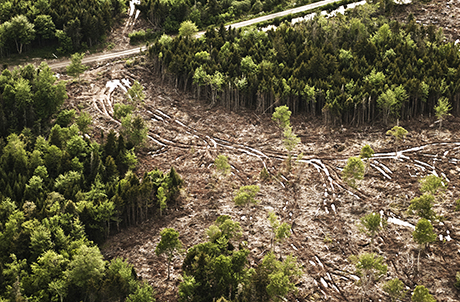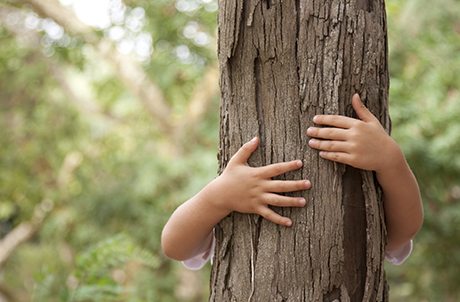
About 30% of the land on Earth is covered by forests. Forests do not only mean realms of trees, but also lush and diverse communities of flora and fauna. We may live in a concrete jungle, but our life is blessed by forests in many ways. We depend on them to provide essential resources like food, paper, utensils, furniture and even medicine. However, we are bearing a net loss of forests equivalent to 12 football pitches every second! What are we compromising when our massive consumption eradicates the forests? What can we do to halt the vanishing of green on Earth?

Forests are some of the richest ecosystems. They are home to over 80% of terrestrial species in the world. As each species adapts and thrives in these habitats in a different manner, forests flourish with webs of life that span from the floor to the canopy. Human also use a variety of forest products such as wood, gum, fruit, nuts and honey. Around 300 million people live in forests and rely on the resources for a livelihood. Apart from food, fodder and fuel, handicrafts and woodcarvings are also important sources of income, and have cultural significance. Forests also play a major role in climate regulation. They absorb and store carbon from the atmosphere. By transpiring water, they help drive the water cycle and cool the air when the water evaporates. Forested catchments contribute to around 75% of freshwater available for our use.
The values and functions of forests go far beyond their boundaries. What will happen if they dwindle away?

Because of the vast importance of forests, deforestation would lead to a cost too high for us to bear. Trees are being cut down or burnt for logging, agriculture, grazing or urban development. The retreat of forests shrinks the populations of animals and plants. Forest dwellers such as giant pandas, orangutans, macaws and poison frogs are threatened by habitat destruction. As scientists continue to discover new forest species around the world, we may be uprooting species without even knowing their existence and role in the ecosystem. Deforestation also deprives indigenous tribes of their livelihoods and cultures. When the provision of forest resources and services is impacted, the daily life of urban societies is also at risk. With climate change troubling the world, the last thing we need is the loss of natural carbon sinks. In an economic context, deforestation in the last decade wiped out the world’s natural capital, which was worth trillions of dollars. In Kenya, the impacts on forest regulatory services brought an economic cost four times higher than the revenue from forestry.

A tree that takes hours to cut may take decades to grow. If we continue our massive consumption, forests could collapse, bringing irreversible consequences. We must allow time and a suitable environment for these ecosystems to recover and persist. It is crucial to attain consumption habits and resource supplies that are sustainable. To use less wood products, we can follow the 4Rs: reduce, reuse, recycle and rethink. To encourage responsible suppliers, select products certified by the Forest Stewardship Council® (FSCTM). This international organisation plants the seeds of sustainability by promoting responsible forest management around the globe, so that green forestry sprouts to become environmentally appropriate, socially beneficial and economically viable.
